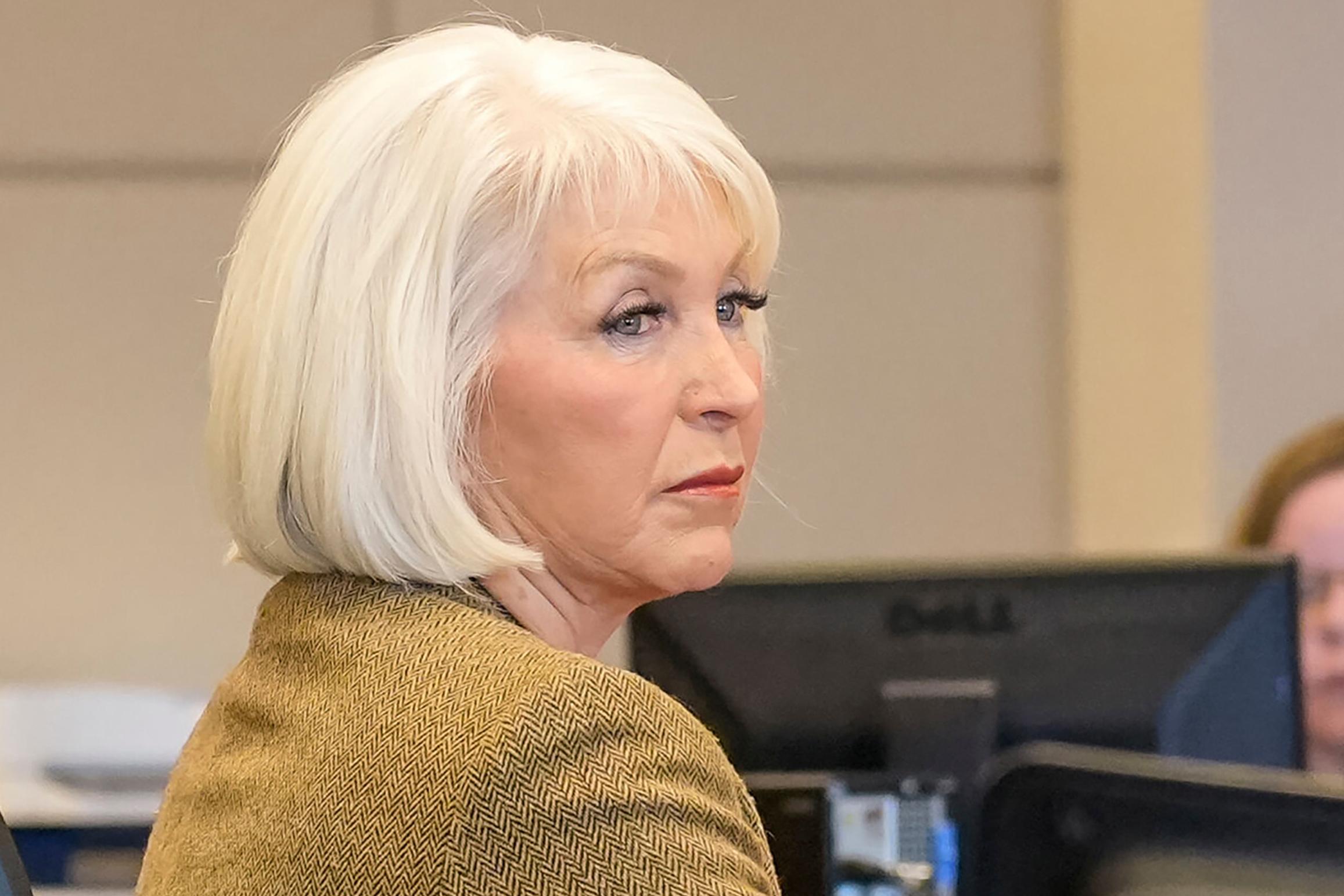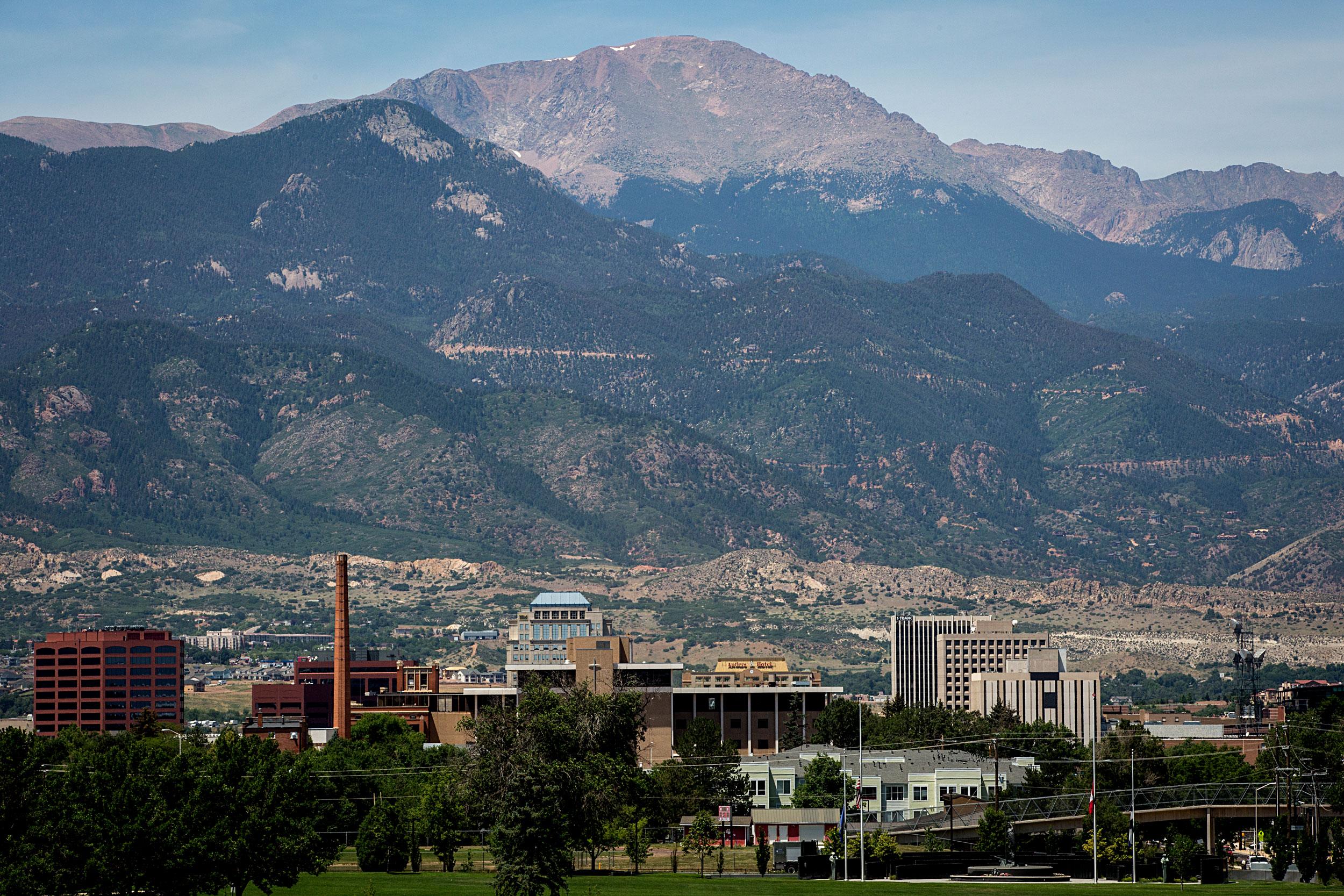There are few who understand the dynamics of modern presidential politics better than David Axelrod. As Chief Strategist for President Obama’s campaigns in 2008 and 2012, Axelrod helped define presidential campaigning in the digital era. He also worked closely with President Obama as Senior Advisor in the White House from 2009 to 2011. He now runs the Institute of Politics at the University of Chicago, and is a Senior Political Correspondent for CNN and host of the podcast, The Axe Files.
Axelrod was in Colorado Springs this week to speak at Colorado College, and KRCC’s Jake Brownell interviewed him about his time in Washington and the legacy of the president he helped put into office.

Interview highlights:
On the enduring importance of politics
"I think it's pretty obvious that there's a great deal of skepticism--cynicism I would say--about politics, about government, and some of it is well earned. We've seen a lot of discouraging things in Washington and elsewhere: that goes to partisanization, that goes to the influence of money in our politics and the inability to confront some big issues. But we've also seen, even in the midst of all of this, some things that I think are inspiring. We've seen great advances in gay rights, we've seen healthcare, and though I know it's still controversial, I run into people all the time who tell me, 'this saved my life.' That's real. That's meaningful. And that's politics that allowed that to happen. I've seen the good and the bad, and I think in a Democracy, if one turns their back on politics, one turns their back on the whole project."
The very same people who think that we shouldn't invest the president with all this power and authority are the first ones to blame him when anything in the country goes wrong.
On whether President Obama failed to deliver on his 2008 campaign promise to change the political culture in Washington
"It's a great disappointment that we weren't able to make greater inroads in terms of improving the quality of politics in Washington, and the tone of politics in Washington. The reality was, when we came to office, people responded to that message [of change] and we won big Democratic majorities. The Republican party was in a state of disarray and panic, and their reaction to it was to adopt a strategy of non-engagement with the president. And so, while I'm sure there are ways in which we could have done better at the margins, we were up against a strategic decision on the part of the other party that made progress on bi-partisanship very, very difficult."
On the role of the President
"The very same people who think that we shouldn't invest the president with all this power and authority are the first ones to blame him when anything in the country goes wrong. If there's an oil leak in the gulf, it's the president's fault. If a child is tragically slain somewhere, it's the president's fault. One thing I think we have to think through is what should be the responsibilities of the president of the United States, and should the president of the United States be an all-purpose problem solver for everything that ails us? That's sort of the way we now view the presidency: anything that goes wrong in America, the president's supposed to have a solution. Some of these solutions aren't going to come from the top down, and I think it's important to recognize that."
I've seen the good and the bad, and I think in a Democracy, if one turns their back on politics, one turns their back on the whole project.
On the character traits that translate from the campaign trail to the White House
"I see the campaigns as long auditions for the toughest job on the planet, and more than anything I think what people are looking for are personal qualities: on the one hand, empathy, and on the other, an ability to deal with untold pressures. When I sat next to the president--I had the office next to the president for two years--I saw him deal with an unimaginable array of challenges and problems, and they came serially, one after another, hour after hour. The president had to deal with them under maximum pressure... So I think what people intuitively look for is someone who can handle that, who can handle the pressures of the presidency and can do it with some wisdom and some grace."
On President Obama's Legacy
"I am really proud of what's been accomplished. I think history will be kind to Barack Obama, who, after all, led us through the worst economic crisis since the great depression, wound down two wars, and did a whole range of things that are historic in nature."
Full Disclosure: Colorado College, who brought David Axelrod to Colorado Springs, is KRCC's licensee. KRCC has also requested an interview with Newt Gingrich, who will be coming to Colorado College this Fall as part of the Sondermann Presidential Symposium lecture series.









